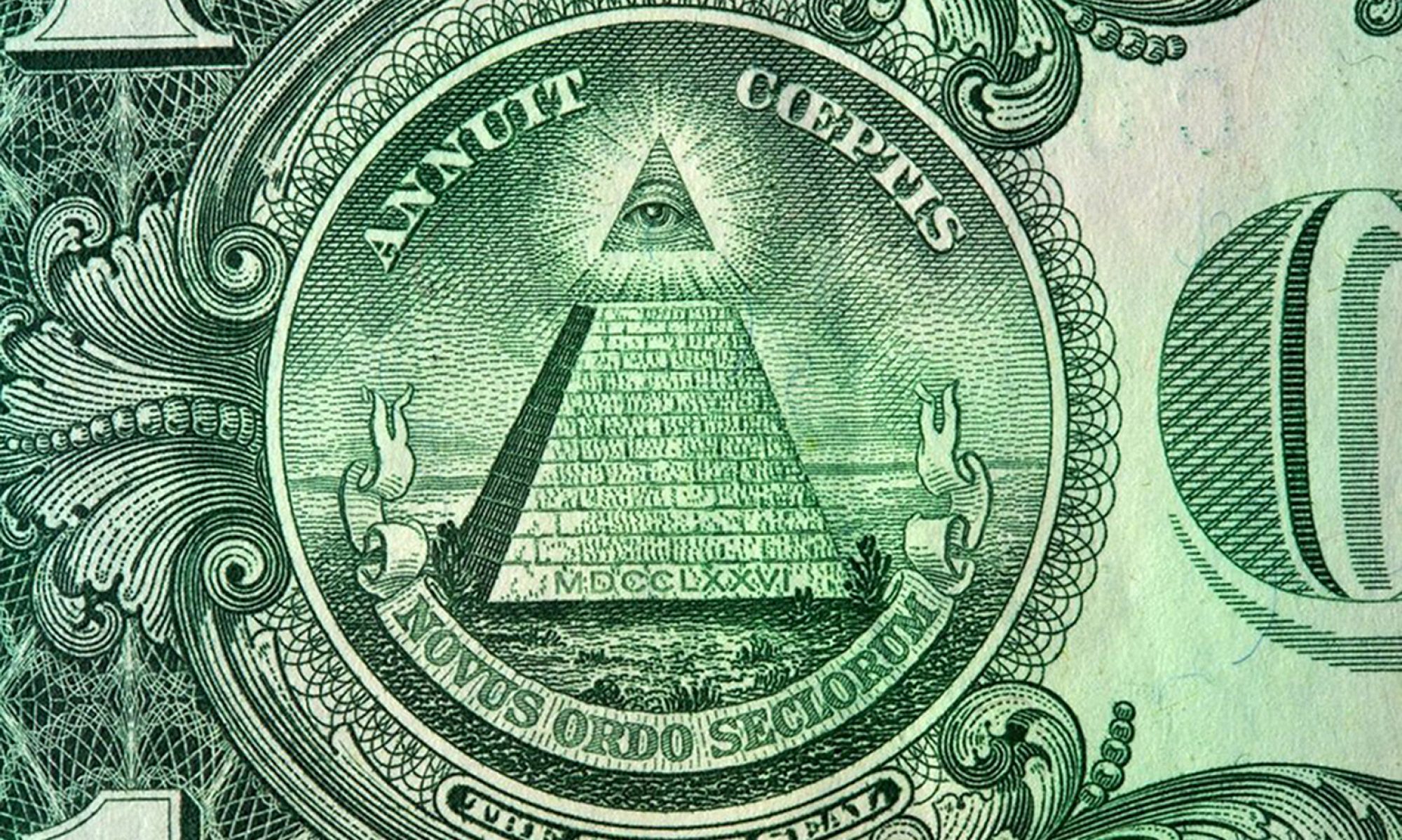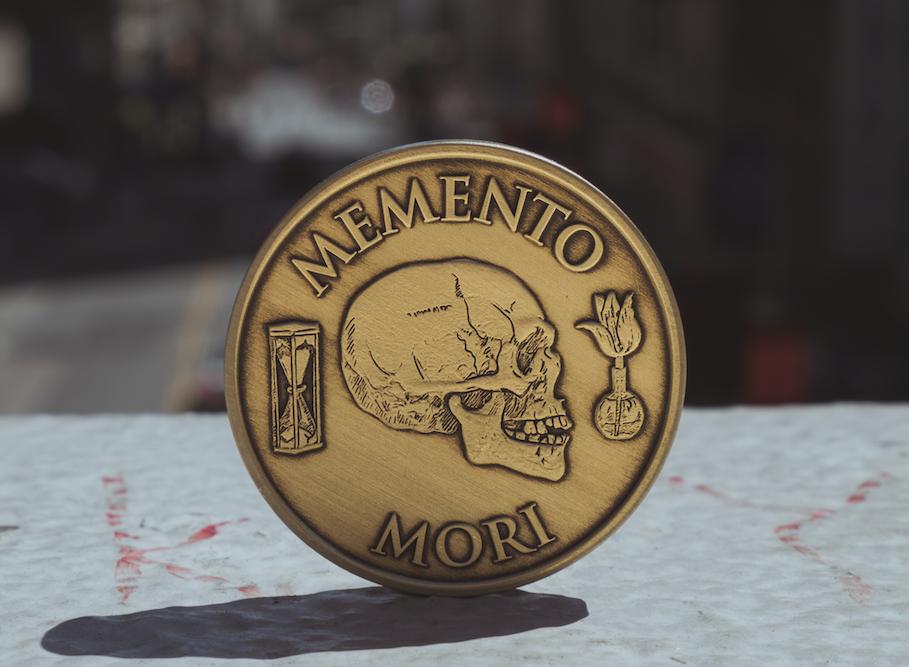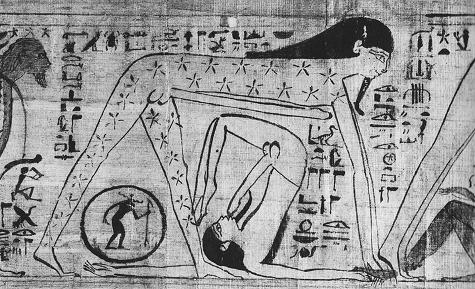https://www.youtube.com/watch?v=jyvt5RQvBk8
Laying the Dead to Rest, pt. 3
Don’t do it…
Laying the Dead to Rest, pt. 2
Memento Mori…
Oh yeah? Well that’s just, like, your opinion, man.
Illuminating the Illuminati: The surprisingly humble beginnings and even more surprising modern rebirth of the Illuminati
by Brian Dunning @ Skeptoid
Laying the Dead to Rest, pt. 1
420
Heroic Alterity
Heroic Alterity
by Glenn Scheper
Autofellatio is the core icon to decode all religious metaphor.
Although salient and simple, this icon remains obscure because:
1. Theologians lack an experience in this sacral erotic domain.
2. Few autofellators have reflected upon it and recognized god.
3. Cognizant experiencers are ostracized, mentally annihilated.
4. Expositors face taboos and produce only metaphysical poetry.
5. Religions are conflated from non-knowers’ defective eigesis.
Destiny laid shame and fame upon me at age 24. Shortly after I discovered autofellatio, I suffered an acute psychosis, giving way to schizophrenia-punctuated manic depression for several years. To be able to write something, I must refrain from the bane of the insane, following my correlated ideas ad infinitum. I shall be content if I can bring to your attention a list of famous authors whose works can most readily be explained by metaphors on the icon of autofellatio.
I say treat its icon, its characteristic physical appearance, because its metaphors would be unrecognizable without knowing that the classic autofellatio discovery position is inverted, when body weight flexes one’s neck to yield a sudden advantage. Thus upside-down, Atlas after Atlas have bent and shouldered the earth. Herein Isaiah recognized the sky is his throne, the earth his footstool. If you do not recognize that, then you have not yet pictured the icon.
Exodus catches Moses in the act: “And the LORD said, Behold, there is a place by me, and thou shalt stand upon a rock: And it shall come to pass, while my glory passeth by, that I will put thee in a clift of the rock, and will cover thee with my hand while I pass by: And I will take away mine hand, and thou shalt see my back parts: but my face shall not be seen.” The rock is Moses’ skull; the glory, Moses’ phallus, which is also Moses’ standing aspect.
This is also the famous Excalibur, sword locked in stone. One of Austin Osman Spare’s many self-love treatises, The Focus of Life says “My kiss is a sword thrust!” Jimi Hendrix kissed the sky. King Pepi also, in Pyramid Texts, kissed the sky like a falcon. Brann vaunts the same kiss in The Iconoclast: “drain the nectareous dewdrop from its chalice and kiss the grape until its youthful sap changes to empurpled blood beneath the passionate caress.”
Shakespeare’s Hamlet speaks of “god kissing carrion”, and shows many other relevant themes: of psychic disintegration, of one’s own mystical death and resurrection, and the Oedipal themes of maternal rape and of patricide: Because either through some phenomenal mystery, or perhaps by some semiotic values reversal causing an hysteresis, a quantum separation encoded at the boundary of the taboo domain, many experiencers plunging into wonderland discover a new authenticity, as monogenes, Socrates’ self-moving, realizing they have become their own father. Even Jesus said, “He that hath seen me hath seen the father.”
I watch Hamlet; I see me. On the morning of my acute psychosis, I came from my bedroom and told my father that I believed I had to kill him. I grabbed my mothers wrists and stood immobilized, shaking from confliction due to an unspeakable impulse, a magical mandate to rape my mother. Shakespeare unfolded the multiple demons residing reflexively in the interconnected Hamlet as his lover, her father, his friend, and others, all to slay, to slay, for Hamlet’s world has ended, Hamlet having died of the impossibility of being his own father, now only a ghost. The young Hamlet’s biological father was cast as Hamlet’s uncle.
That recalls Seth, the Egyptian uncle of Horus, who was slain by Horus to avenge the death of Horus’ true spiritual father, Osiris, which would be Horus himself. That Seth had cast filth into the eye (opthalmos, a hole, I say the mouth) of Horus suggests to me covert mystical infanticide caused by filial fellatio, the tares that will be discovered when the field’s true owner sows wheat. So too, Abraham put his knife unto Isaac’s throat, and recreated Isaac as his lamb, a narcissistic personality disordered youth, Jung’s Puer Aeternus, compliant, symbiotically completing his father. Franz Kafka also blamed his father for instilling impotence. Perhaps it is implied homosexuality which informs the fall, which is the basis of Kafka’s Metamorphosis.
Kafka sang our divine song. His Josephine, The Singer tells of ancient songs, but no one can sing them any more. It asks if Josephine’s art is really even singing? Why, of course! Our art is both singing and playing upon a silver-strung harp, that lyre, zephyr, flute, pipe, what have you, known to every bard who’s reached at least his light-bearing developmental phase.
Returning to the icon, the male genitals above with the sky behind them are frequently described as a bird. Such is the dove alighting on Jesus. Uncommon ejaculation is the probable literal meaning for holy spirit. For females, the genitals appear rather as animal skins, and in the form of a tent in the divine stance, which is the Shekinah, a tent, the female aspect of God, such as covered Mary when she enunciated her finished syzygous being.
Auto-oral erotic contact is both the baptism and a confession. It is the theogony (creating God), theophagy (eating God), and theurgy (act of God). It initiates the individual’s parousia (presence of God) by conferring the holy spirit. It is the word that was with God, being God, even His name. Note the advantage that monogenesis spawns no mimetic rivalry: Every soul requires exactly one self as its reward.
Many authors show conflicting usage of terms body, soul, and spirit. I propose that the material body (including its mind) starts with no soul, technically, for a soul is the combination of a spirit and a body. Infestation of various types of spirits in a body produces various soul types. The most common would be the default due to suckling from a mother. I may be hijacking Jung’s terms, animus and anima, but let me propose they are the male and female spirits conferred from penis or paps, respectively. My experience suggests that the most desirable animus, the male aspect of soul, is oneself-as-father-of-oneself, which can be instilled by auto-oral-genital contact in either a man or a woman; and that the most desirable anima, the female aspect of soul, is oneself-as-mother-of-oneself, and that can be instilled by auto-oral-mammary contact in either a man or a woman.
Hence, most bards fit the mythic form of a master builder, whose church, which is oneself, lapses to the devil, which is also oneself, for failing to learn and say that devil’s name, by self suckling at his vestigial male paps so that he can fall to earth. Such an androgynous Puck or Lucifer is the woman in Revelation 12.
The completed pair makes the divine syzygy, an anima as bride of Christ in a man already having animus, or an animus as prince to awaken sleeping beauty by her frog kiss, naming Rumple-Stilt-Skin at the site of Dracula’s piercing. Such was Jesus’ finished condition at the marriage of the `prominent’ man, who was Jesus wedding himself, when he made wine by placing his phallic finger in his mouth, twelvefold jug.
Additional monadic acts build up a panoply of divinities. Buddha, an incarnation of Vishnu, is born of a lotus arising from Vishnu’s navel, which story highlights a first ejaculation as a navel-irrigating nocturnal emission. Self-sodomy, entrainment of objects in the ouroboros (tail-biting serpent), and coming on the forehead, draining past Ymir’s eyebrows to gain access to the well of foreknowledge, are all special. Even as I write this, I happened to realize that forehead act satisfies the image of tongues of flame at Pentecost.
With most of its referents solved (I’ve given you a big start), a structuralist theology could be developed. I would say all else that’s left are some anecdotes of miracles, and possible eschatological promises, which appear to be exoteric misunderstandings of parousia as the individual’s potential mid-life metamorphosis.
The only phenomenal effect I would attest is that lengthy tantric meditations to bodily re-experience a past moment irrupt into that already past moment in a very self-surprising fashion. Perhaps similarly, countless persons seeking to understand Jesus influenced him, granting future knowledge and teleological purpose.
Because I might err in my exact metaphor assignments, I recommend that you beat the following authors together, who recognize one another’s voice, and generally hold to similar metaphorical understandings: Arjuna, Baudelaire, Blake, Brann, Bunyan, Carroll, Coleridge, Crowley, Dali, Dylan, Ficino, Goethe, Hendrix, Heraclitis, Hesiod, Holderlin, Jesus, St. John, Kafka, Lao Tsu, Milton, Nietzsche, Poe, Prince, Shakespeare, Socrates, Spare, Spenser, Stevens, Vaughn, Whitman, Wordsworth, Yeats, Zoroaster, and females Behn, Dickinson.
My intent in this disclosure is that you might know this taboo domain is so pervasive. As Baudelaire closed My Earlier Life: “My only care to bring to meaning from anguish The sad secret in which I languish.”
Copyright (C) 2001 Glenn Scheper. Every nonexclusive use is allowed.
The Full (Redacted) Mueller Report
Fascinating reading. Can’t wait for the redactions to fall away.
Click Here (or right click) for a PDF download of the full 488 page (redacted) report.


